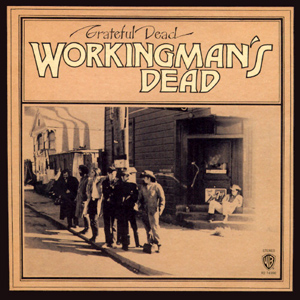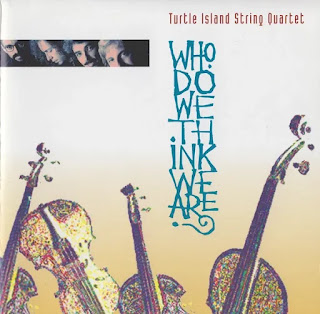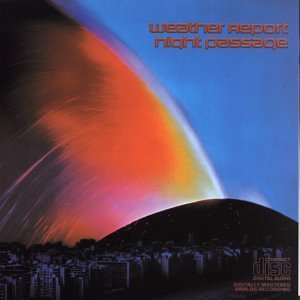cxxxvi. DAVIS, Miles (1926-1991)
Pharaoh's Dance (1970)
MD, trumpet
Wayne Shorter, soprano saxophone
Bennie Maupin, bass clarinet
Joe Zawinul, electric piano (left)
Larry Young, electric piano (center)
Chick Corea, electric piano (right)
John McLaughlin, electric guitar
Dave Holland, bass
Harvey Brooks, electric bass
Lenny White, drums (left)
Jack DeJohnette, drums (right)
Don Alias, congas
Juma Santos (credited as "Jim Riley"), shaker
(20:06)
from Bitches Brew.
It is impossible to overstate the importance of this album in the transformation of the jazz and rock worlds at the beginning of the decade of the 70's.
Miles' previous album, In A Silent Way (1969) strongly hinted at what was to come, with extended compositions by Davis and Zawinul.
But nothing prepared our ears for this groundbreaking double-album ...
**
Pharaoh's Dance was lightly sketched out with the few phrases composed by Zawinul. The band created the finished product by creating tight, informed group improvisation that would go on for hours. Then -- in post-production -- the brilliant Teo Macero (Davis' longtime producer) worked his magic; much like George Martin did for The Beatles.
"Macero pioneered the application of the studio as a musical instrument, featuring stacks of edits and studio effects that were an integral part of the music ... there were many special effects, like tape loops, tape delays, reverb chambers and echo effects. Through intensive tape editing, Marcero concocted many totally new musical structures ... Pharaoh's Dance contains 19 edits -- its famous stop-start opening is entirely constructed in the studio, using repeat loops of certain sections. Later on in the track there are several micro-edits: for example, a one-second-long fragment that first appears at 8:39 is repeated five times between 8:54 and 8:59."
A totally fun thing to do is to identify what Zawinul, Young and Corea are doing. They each have their own style and -- at times -- are all playing at the same time!




















































